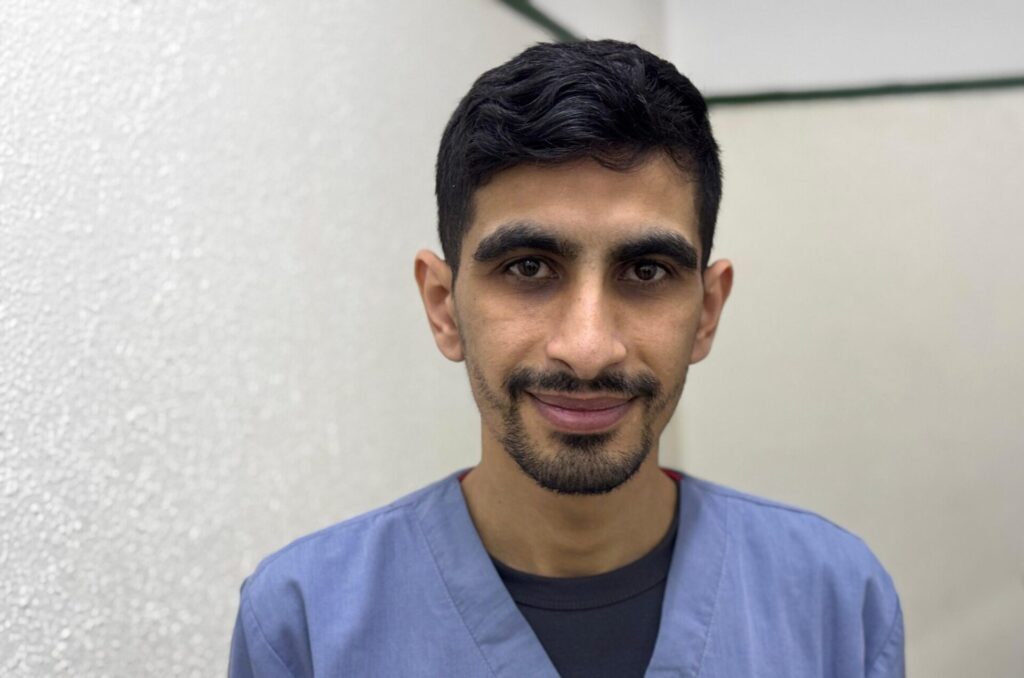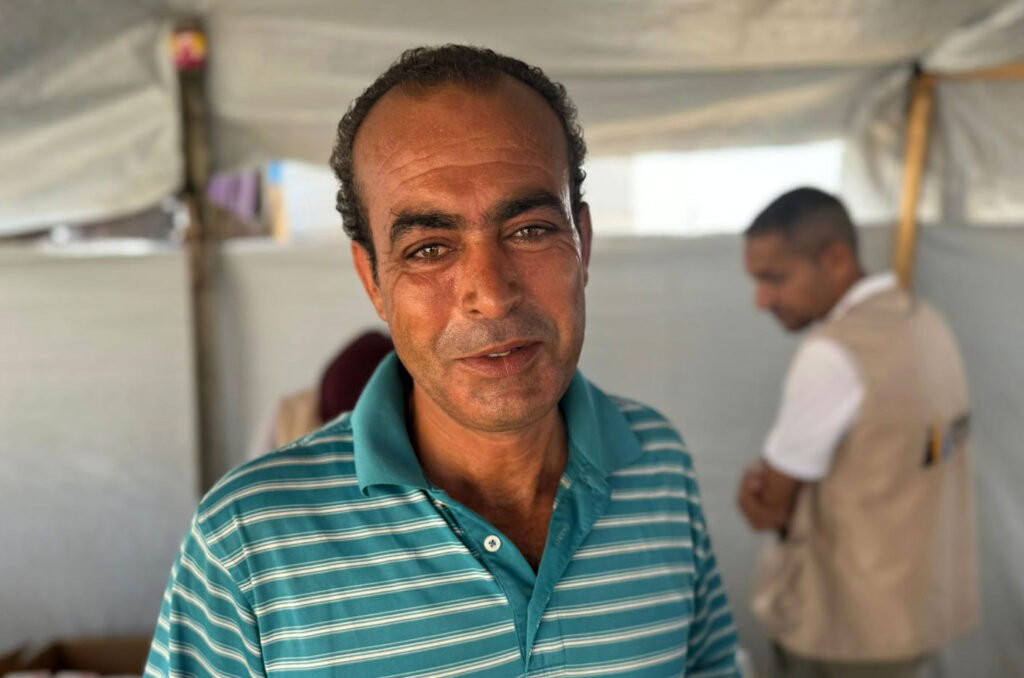HEALTH
Vital Cancer Medicines for Gaza
May, 2023
Treating cancer patients in Gaza is fraught with challenges, from a shortage of appropriate medicines to life-threatening delays in transferring cancer patients to hospitals outside Gaza. Anera helps cancer patients in Gaza get a steady supply of medicines.
Will You Help?
The medicines Anera delivers mean that many patients can get vital treatment inside of Gaza. Now, as Gaza is undergoing another bombardment, medicines are running low just as patients are also not allowed to leave the territory at all. As someone who shares our deep concerns about Gaza, you can keep supplies of cancer medicines replenished in Gaza.
Dr. Talha Balousha runs the chemotherapy pharmacy department in the Turkish-Palestinian Friendship Hospital (TPFH). The hospital is the main center serving cancer patients in Gaza. He estimates TPFH treats some 17,000 cancer patients in the hospital, including leukemia and other cancer types.
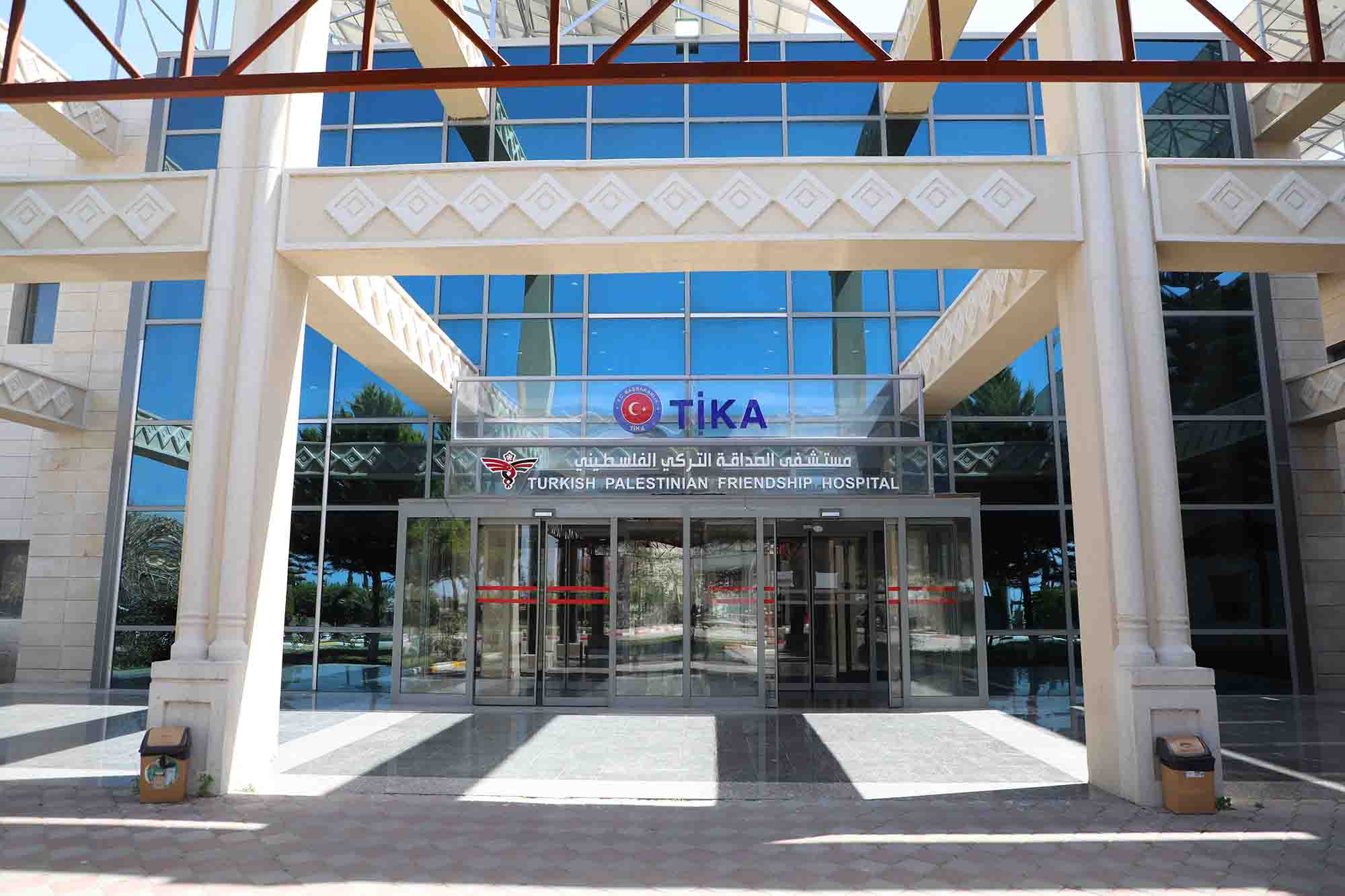

Dr. Balousha highlights the major challenges for cancer patients in Gaza: “There is a constant shortage of medicines to treat cancer patients, who are a fragile group due to the sensitivity of their condition and their urgent need to start treatment immediately after diagnosis.” He adds that the constant shortage of medicines decreases the chances of recovery.
"Medicine shortages average 40 percent, and there have been years that we have experienced a shortage of 80 percent,” he adds, “There is always a shortage of medicine so we need international organizations to focus on providing them."
Anera has long supported Gaza’s health community and now, thanks to funding support from International Health Partners, Anera has shipped a much-needed supply of bortezomib medicine to TPFH to help maintain a steady provision of medicines and treatment services for blood cancer patients there. Before the shipment arrived the hospital had experienced a two-month gap in the chemotherapy pharmacy supplies.
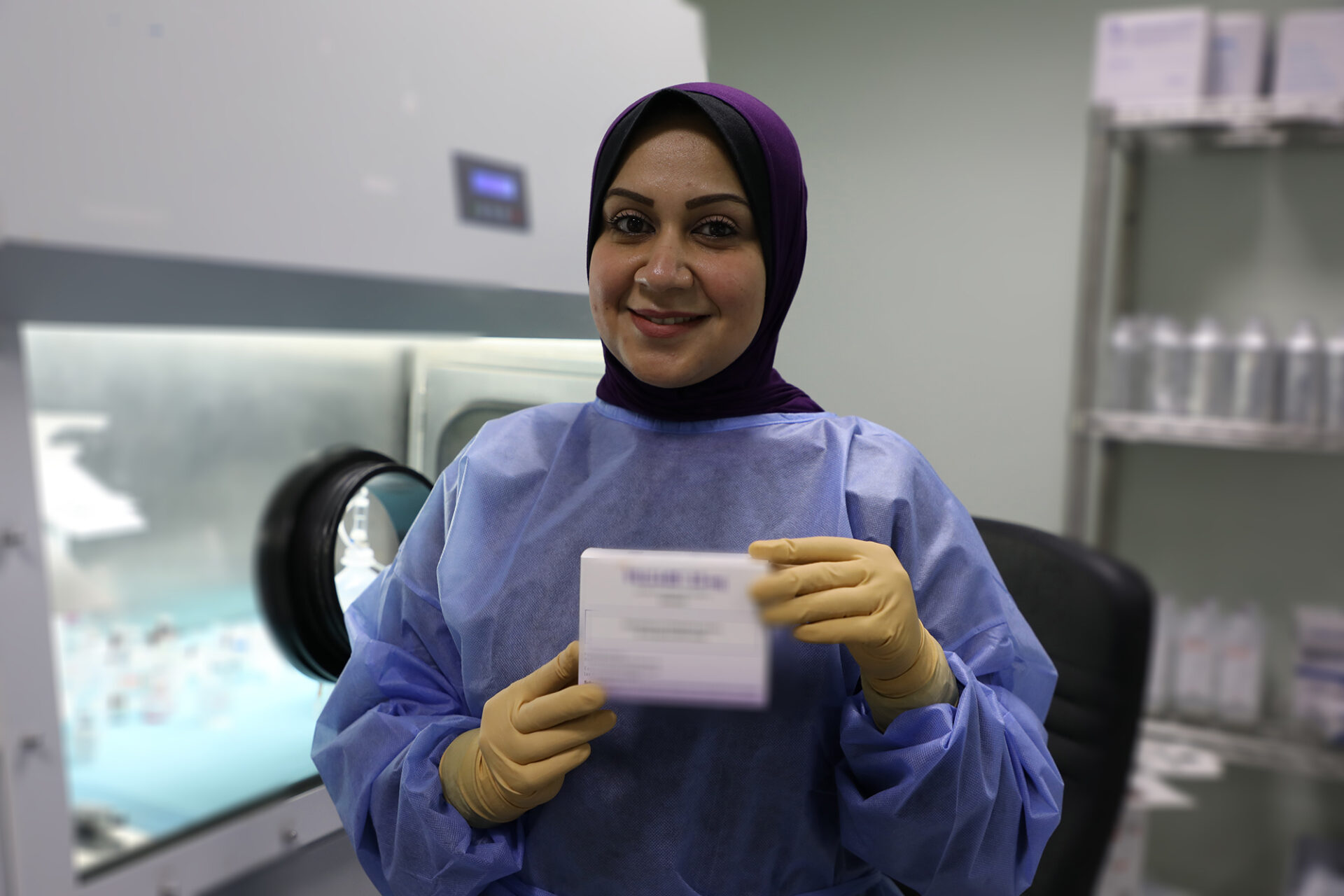

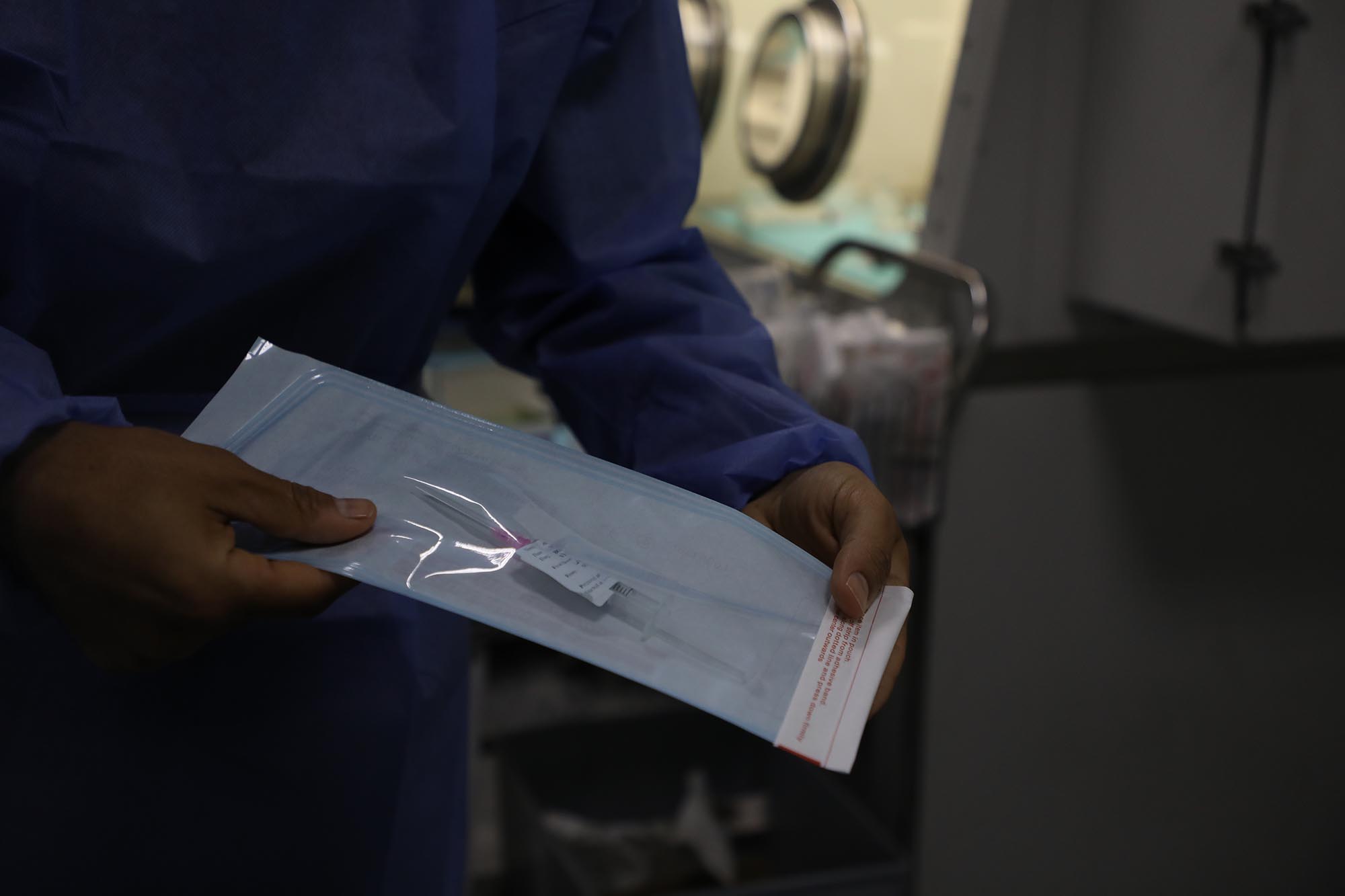

Ibrahim Sobh, a pharmacist in the hospital’s chemotherapy preparation pharmacy, says the chemotherapy pharmacy is one of the most important pillars of the only hospital that serves cancer patients in Gaza. “Bortezomib is indicated for the treatment of adult patients with myeloma and mantle cell lymphoma and is one of the most important drugs used to treat this type of blood disease."
Pharmacist Soboh explains that the drug ran out recently in Gaza, which “seriously affected the treatment of patients with blood cancer.”
“We noticed a regression in the cases that depend on it for treatment because of the shortage,” he explains. “Without the medicine, we have to transfer patients to the West Bank, East Jerusalem and Israeli hospitals.’
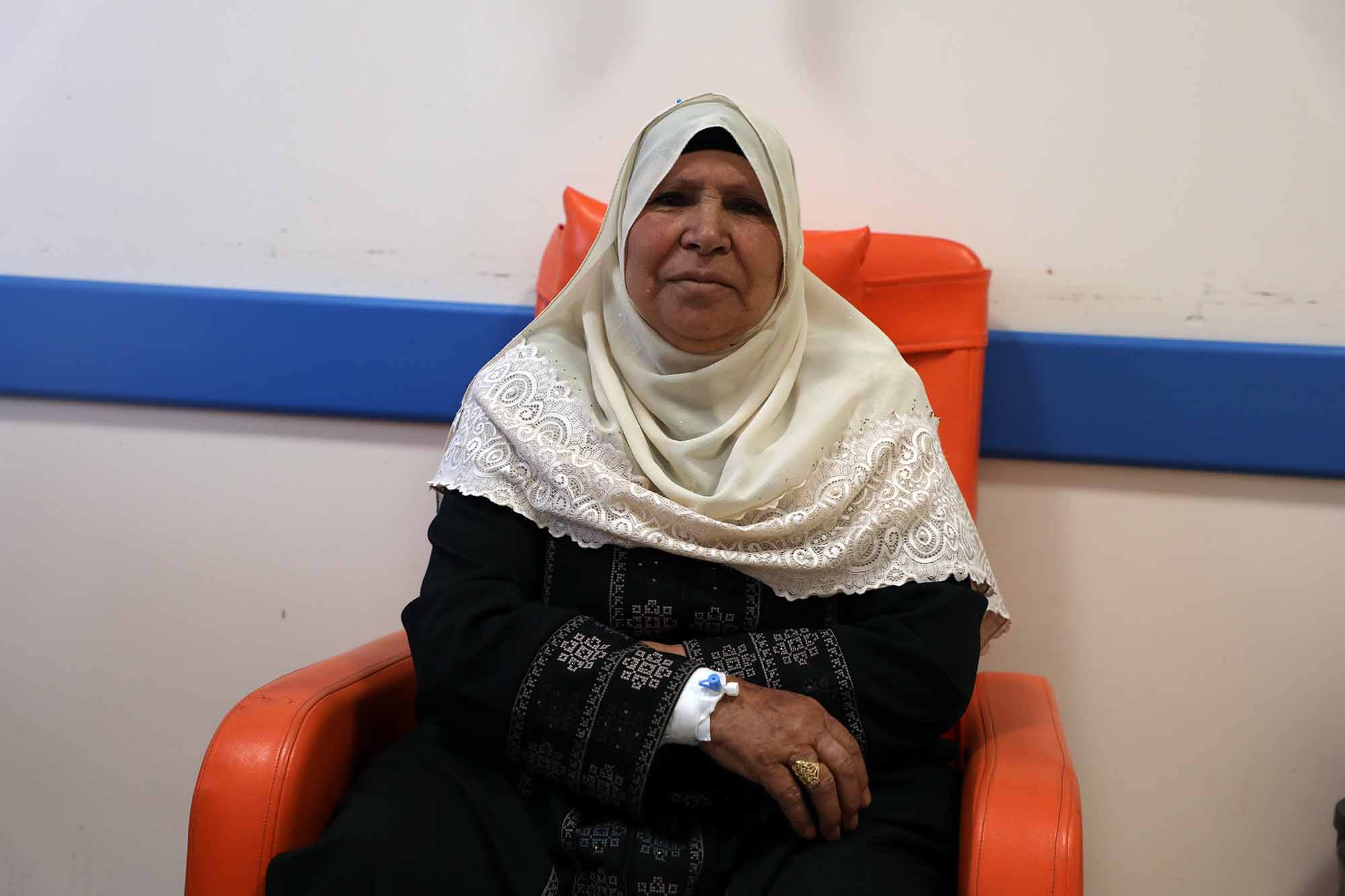

But transferring patients out of Gaza is not an easy process. The World Health Organization estimates that four out of ten patients are rejected when they apply for treatment in hospitals in the West Bank. Dr. Balousha calls it a death sentence for cancer patients.
TPFH pharmacist Alaa Hijazi says the availability of cancer treatment in Gaza makes patients’ treatments more comfortable and frees them from the cost and physical exhaustion of moving around to hospitals outside Gaza.
"The weekly dose required for cancer patients means it is very important that it be available continuously,” he explains. “The complexities of issuing medical referrals in Gaza, coupled with a waiting period of nearly a month to get a permit from Israel to travel, translate into weeks without treatment, which causes a decline and regression in a patient’s health."
Pharmacist Hijazi says the hospital has monitored patients who were on the verge of recovery but then suffered a relapse and health complications due to the interruption of treatment, especially patients whose condition was stable but still needed a weekly dose.
Monthly, around 100 patients benefit from bortezomib, at the rate of a dose per week. It is the first choice in the treatment of cancer.
"Our highest cancer rate among women is breast cancer, followed by colon and prostate cancer in men," explains Dr.Balousha. "Every year, we record an increase in colon cancer cases, which is due to the decline in early detection methods for patients in Gaza. We need to improve our cancer treatment facilities and find a way to keep a steady supply of medicines too."

